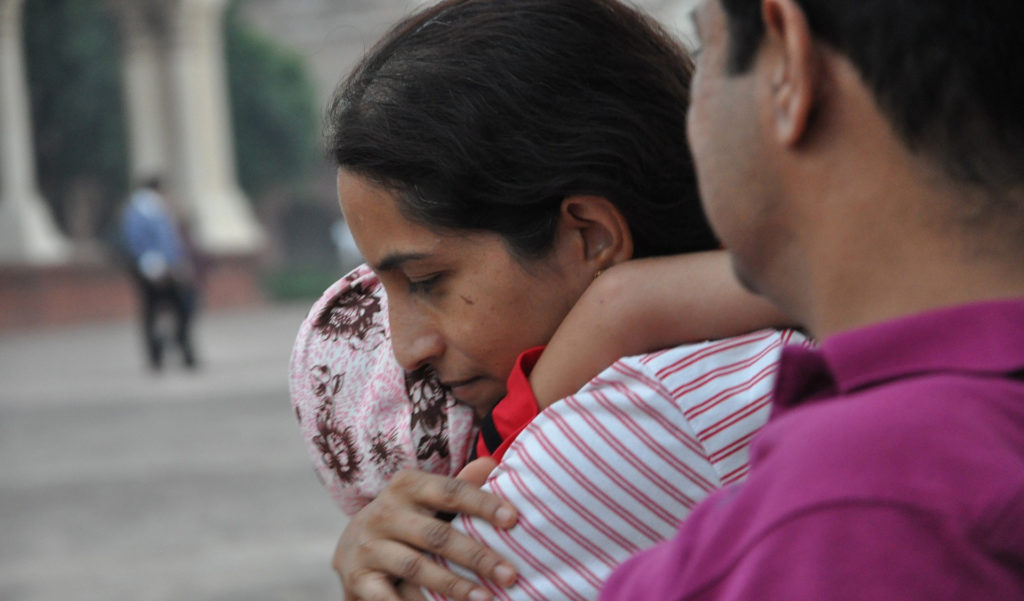Pre-natal sex selection – the attempt to control the sex of offspring before birth – is a contentious issue. In 2012, concerns arose that prenatal sex-selective abortions were occurring in the UK, and since then the topic has been on the parliamentary and public health agenda.

A new ESRC-funded project, outlined in this research brief, is investigating generational shifts in family dynamics with regards to son preference and gender roles among families of Bangladeshi, Indian and Pakistani origin in the UK. The research involves Prof Maya Unnithan and Dr Ben Kasstan (University of Sussex) and Dr Sylvie Dubuc and Dr Bernice Kuang (University of Reading).
Gender preference and the increasing availability of prenatal sex-selective technologies, such as abortion and prenatal implantation diagnosis (the genetic profiling of embryos prior to implantation), have directly influenced family decision-making in Asia, North America and Europe. Historically, UK politicians have considered sex-selective abortion as an issue limited to South Asian communities.
The research has important implications for politicians and policymakers, as attempts to reform and liberalise abortion legislation in the UK have been hampered by concerns that prenatal sex-selection is being practiced due to a ‘cultural’ preference for sons. The project team will engage with APPGs, non-governmental organisations, sexual and reproductive healthcare providers, civil society groups, and national and local media to help inform current debates on gender equity and reproductive rights.
The researchers will be conducting qualitative research and semi-structured interviews with over 90 families of Bangladeshi, Indian and Pakistani origin living across the UK. They will be asking them key questions about family values, cultural pressures and the ‘ideal’ family, aiming to clarify how gender preferences and expectations actually influence family-making decisions among ethnic minority groups.
Read the research brief: ‘Son preference in the UK’ [PDF 1,773KB]


Leave a Reply